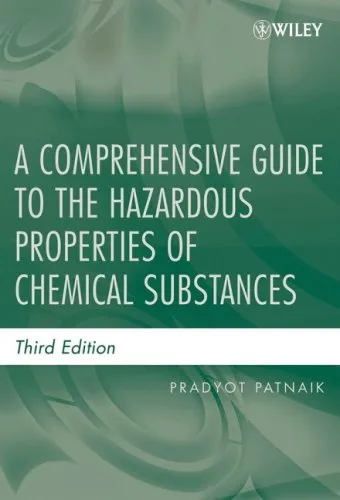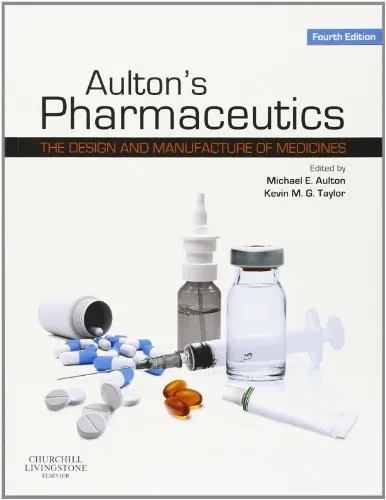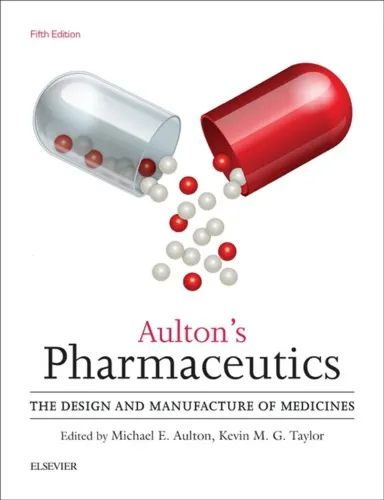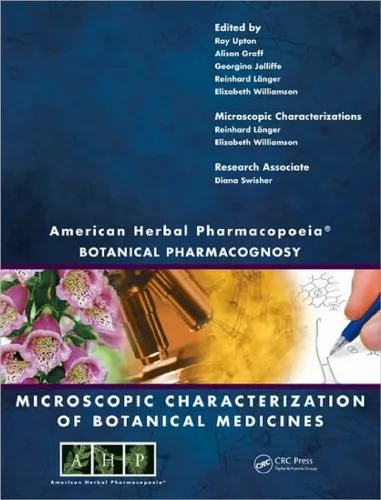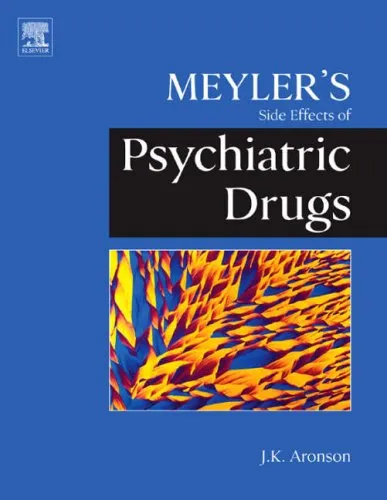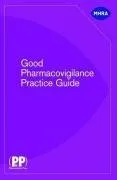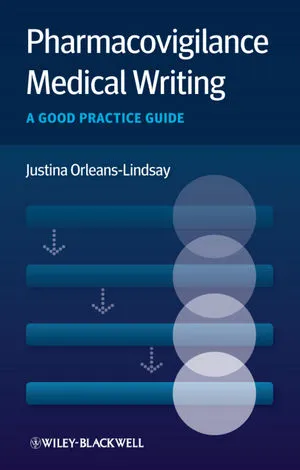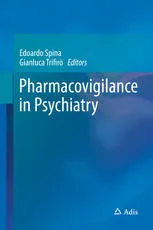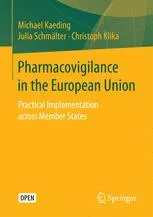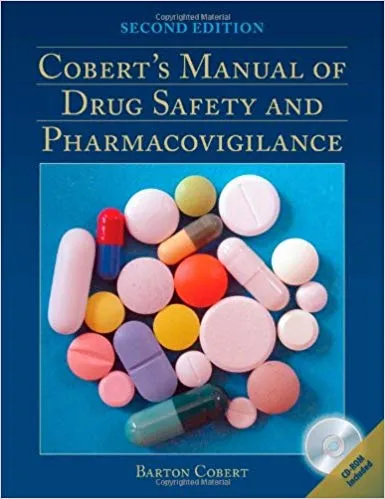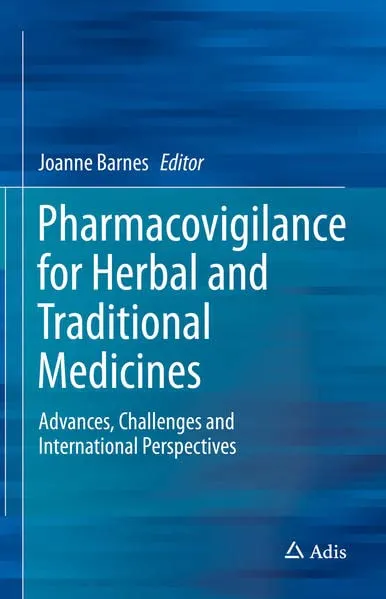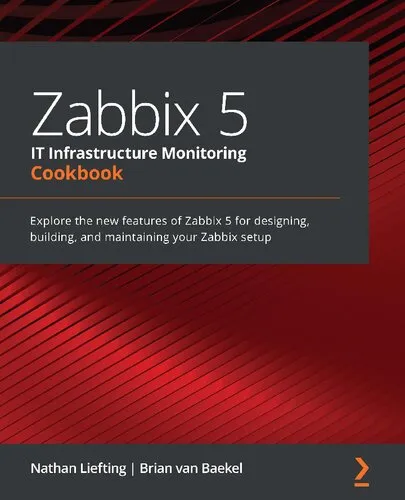A Practical Handbook on the Pharmacovigilance of Antimalarial Medicines
4.8
Reviews from our users

You Can Ask your questions from this book's AI after Login
Each download or ask from book AI costs 2 points. To earn more free points, please visit the Points Guide Page and complete some valuable actions.Related Refrences:
Welcome to the comprehensive guidebook, "A Practical Handbook on the Pharmacovigilance of Antimalarial Medicines," created by the World Health Organization to address the critical issue of monitoring the safety and efficacy of antimalarial treatments. This handbook provides all healthcare professionals, researchers, and policymakers with actionable insights into pharmacovigilance practices for antimalarial medicines, ensuring the safety of patients and the general public. As malaria continues to affect millions worldwide, this book serves as an essential resource for safeguarding public health and advancing medical practice.
Detailed Summary of the Book
In "A Practical Handbook on the Pharmacovigilance of Antimalarial Medicines," the World Health Organization emphasizes the importance of monitoring adverse drug reactions (ADRs) associated with antimalarial drugs. The book encompasses the principles and methodologies employed in pharmacovigilance, including data collection, assessment, and communication of risk. Furthermore, it outlines the global strategies for the deployment of antimalarial medicines, underscoring the necessity of collaboration between countries and health organizations.
The handbook delves into the historical context of malaria treatment, examining the evolution of pharmacovigilance systems. It provides a step-by-step guide on establishing and optimizing pharmacovigilance mechanisms, illustrating best practices through case studies and real-world examples. Additionally, it addresses challenges in pharmacovigilance, such as underreporting and data quality issues, proposing innovative solutions to overcome these obstacles.
The book highlights the role of technology and data management in enhancing pharmacovigilance efforts, including the integration of digital tools for tracking and analyzing safety data. It also discusses strategies for engaging communities and healthcare workers in pharmacovigilance activities, fostering a culture of safety and transparency.
Key Takeaways
- The implementation of robust pharmacovigilance systems is crucial for ensuring the safety of antimalarial drugs and optimizing public health outcomes.
- Active engagement and collaboration among healthcare professionals, regulatory authorities, and international organizations are essential for effective pharmacovigilance.
- Technological advancements, such as digital reporting platforms and data analytics, play a vital role in enhancing the efficiency and accuracy of pharmacovigilance activities.
- Comprehensive education and training programs are necessary to empower healthcare workers and communities to actively participate in pharmacovigilance efforts.
Famous Quotes from the Book
"Pharmacovigilance is not merely a process; it is a commitment to safeguarding humanity from the potential risks of pharmaceutical treatments."
"In our journey to fight malaria, vigilance in monitoring drug safety is as crucial as the medicines themselves."
"The strength of pharmacovigilance lies in its collaborative nature, bringing together diverse stakeholders with a unified goal—patient safety."
Why This Book Matters
"A Practical Handbook on the Pharmacovigilance of Antimalarial Medicines" is a pivotal resource in the global health landscape. In a world where malaria remains a deadly threat, ensuring the safety and efficacy of antimalarial medicines is imperative. This book equips healthcare professionals and policymakers with the knowledge and tools necessary to build and maintain robust pharmacovigilance systems, ultimately contributing to the reduction of malaria-related morbidity and mortality.
By prioritizing pharmacovigilance, we not only enhance the therapeutic safety of malaria treatments but also fortify the trust of communities in medical interventions. This handbook galvanizes global health efforts, promoting a culture of safety and responsibility that extends beyond antimalarial medicines to enhance the broader field of pharmacovigilance.
The guidance and insights provided in this book have the potential to shape the future of malaria treatment and public health, leaving a lasting impact on the well-being of millions around the world.
Free Direct Download
You Can Download this book after Login
Accessing books through legal platforms and public libraries not only supports the rights of authors and publishers but also contributes to the sustainability of reading culture. Before downloading, please take a moment to consider these options.
Find this book on other platforms:
WorldCat helps you find books in libraries worldwide.
See ratings, reviews, and discussions on Goodreads.
Find and buy rare or used books on AbeBooks.
1317
بازدید4.8
امتیاز0
نظر98%
رضایتReviews:
4.8
Based on 0 users review
Questions & Answers
Ask questions about this book or help others by answering
No questions yet. Be the first to ask!

